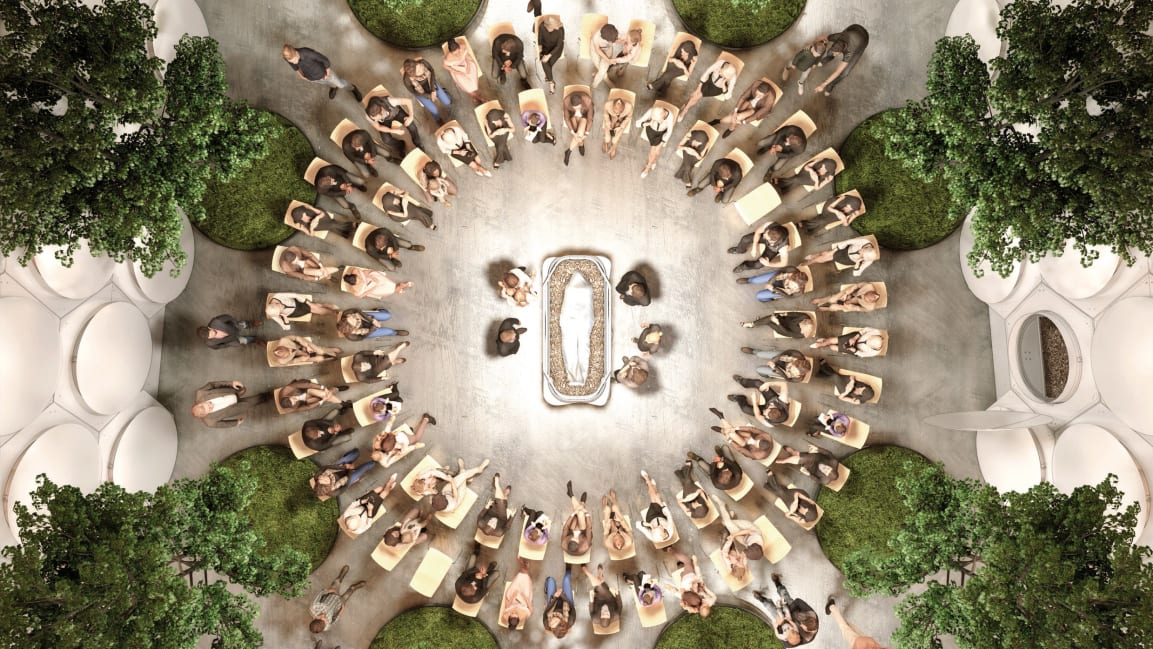Have you ever thought about what happens to you when you die? I don’t mean whether there is a heaven and hell or if your spirit comes back as a Desert Locust (see my previous article), but instead what happens to your physical body, your skin bag of muscle, bone, fat and organs? Of course, I hope that everyone is signed up to become an organ donor, but once all the useful bits have been harvested, what happens to the rest?
In the UK, the most common choice is cremation, with around 78% of all deaths in 2018 ending with this disposal method. There aren’t actually any statistics on how the other 22% of deaths were dealt with; the Office for National Statistics said “unfortunately we do not have information about religion, burial or cremation as this is not supplied during the registration of a death.” However, I would hazard a guess that most of that 22% is a traditional burial.
Cremation and a traditional burial have an enormous, negative environmental impact. An investigation by the cremation magazine Pharos (yes that’s a thing) estimated that one cremation produces the same amount of nitrogen oxides (NOx) as a car driving 2,280 miles – that’s nearly twice the length of the UK. NOx is almost 300 times as potent a greenhouse gas than CO2. Traditional burials aren’t much better. They involve preserving the body by filling it with huge amounts of toxic formaldehyde – a process known as embalming. The body is then placed into a casket, commonly adorned with cushioning and satin, before finally being lowered into the ground. This leaves huge amounts of wood and metal in the ground to slowly degrade, not to mention the embalming fluid that seeps out over time, poisoning groundwater sources.
So, are there any other choices? A new method has come into play – organic reduction, which is a fancy way of saying accelerated composting.
Recompose is a US-based company which has proposed a process that turns you into fertile soil in just 30 days.
They claim that their process uses “1/8th the energy of cremation” and they estimate that “a metric ton of CO2 will be saved each time someone chooses organic reduction over cremation or burial”. If true, these claims could make organic reduction a truly viable option for those of us who are more environmentally conscious.
More than 750 litres of soil are produced per person, which can be taken by the family and used to grow a tree or added to your garden. Handling death by producing a useable material is in stark contrast to cremation and burials, which use up valuable resources.
I think that undergoing a rapid composting process and becoming a fertiliser to grow trees, whilst simultaneously offsetting the carbon footprint that comes with a traditional burial or cremation, sounds like a good place to end up.
image source: Olson Kundig

